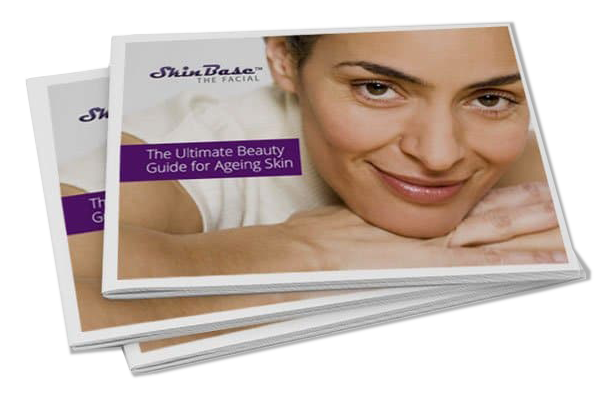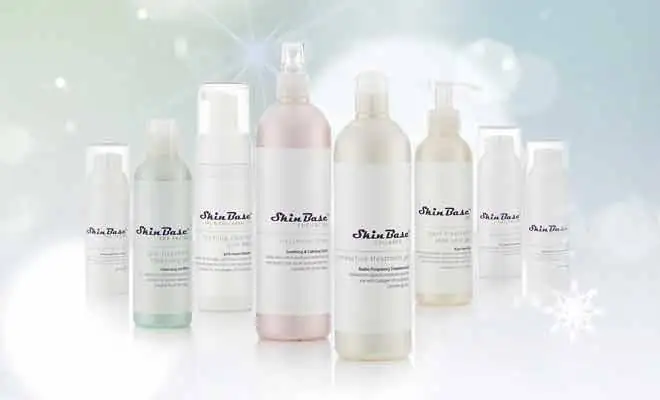As Acne Awareness Month draws to a close, we want to debunk acne myths so that you can understand the best ways to treat your skin. Acne occurs when hair follicles become blocked with oils and dead skin cells. There are many misconceptions about the causes and triggers of acne; therefore, it is a poorly understood condition.
“Acne is caused by a poor diet.”
Acne myth! While certain foods can exacerbate acne, current research has not found any foods that cause acne. Supposedly, greasier foods cause acne. However, there is no evidence that this is true. While a healthy, balanced diet is recommended for your health, unhealthier foods will not cause acne.
“Acne is caused by poor hygiene.”
Many people believe acne is a result of ‘dirty’ skin, and washing your face more frequently will get rid of it. This opinion is an acne myth. Cleansing is an important step in an acne skin care routine, and everyone should wash their face with a gentle cleanser morning and night. Cleansing more than this could actually aggravate and worsen your skin and have little effect on getting rid of acne. Most of the biological reactions that trigger acne occur in the deeper levels of the skin, so cleanliness is not the cause.
“Squeezing spots is the best way to get rid of acne.”
It is very tempting to pop or squeeze a pimple on your face to get rid of it – especially when this advice is frequently given. However, the best course of action is to leave your skin alone! Picking at your acne can push bacteria and pus deeper into the skin, which can cause permanent damage. A popped pimple can lead to more swelling and redness as it delays the body’s natural healing process. Picking can also lead to scabs, scars, and spots as the bacteria spread, so it is a myth.
“The sun helps improve the appearance of acne.”
False! Though acne may appear improved after prolonged sun exposure, it could be doing more harm than good. As the sun damages the skin, the UV rays minimise acne-causing bacteria and suppress immune cells in your skin. This damage may temporarily reduce redness and clear up skin. However, many acne treatments make your skin more sensitive to sunlight, causing painful damage. Prolonged exposure also increases your risk of skin cancer and can maximise the appearance of acne scars. Treat your acne with SkinBase, not sun damage and don’t forget the SPF!
IPL Acne Treatments
Move away from the myths. The best way to treat acne-prone skin is with a consistent skincare routine and regular professional treatments. The SkinBase IPL treatment is great for successfully treating a range of skin conditions, including acne.
The IPL system emits yellow, green, and red light in a series of short pulses to treat acne. The lights destroy the bacteria on the skin that causes inflammation and prevents new spots from occurring. The red light targets the sebaceous glands responsible for the overproduction of sebum to keep oil production low and pores unclogged. IPL also stimulates collagen production, which plumps the skin and reduces the appearance of scarring and texture. Discover our collection of free beauty guides.
Download a FREE beauty guide


